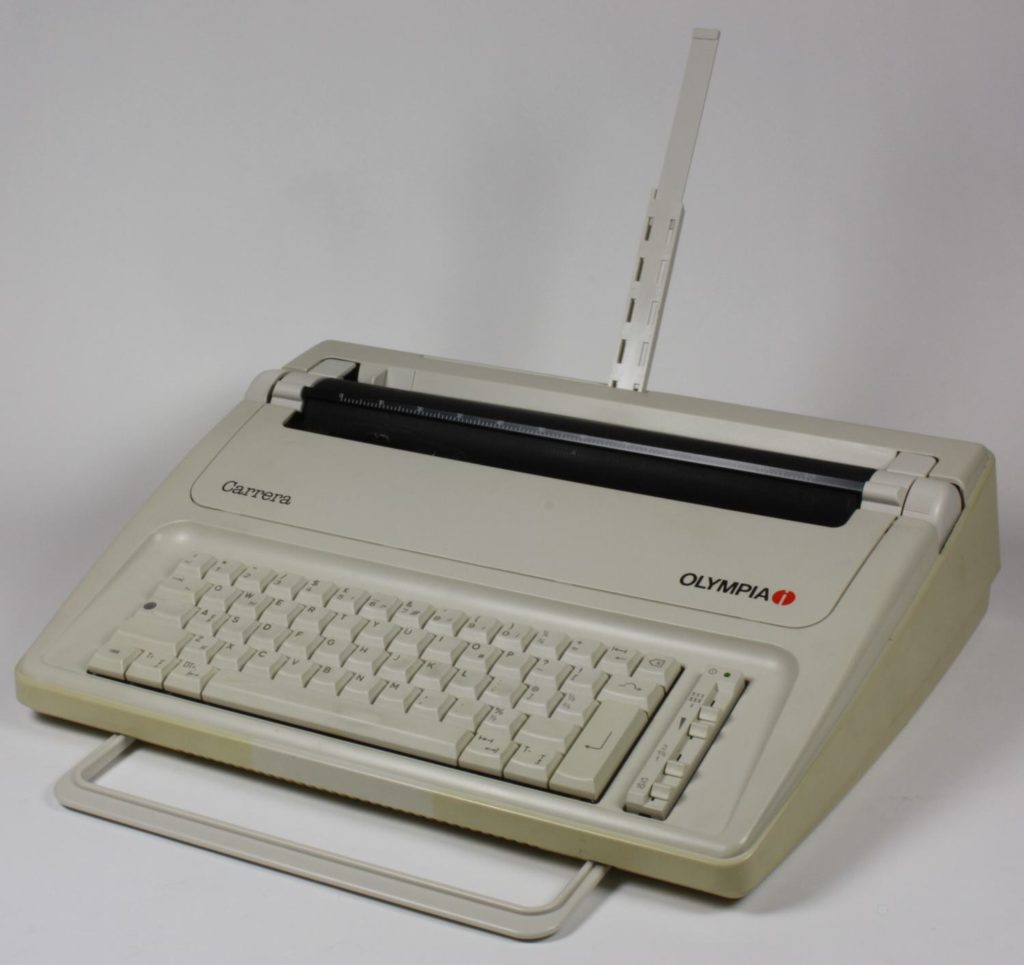Bookmarked
What constitutes a work?
Although the author has long been dead, the author still carries some sort of aura (authority?) perhaps, to have something in print or in wide circulation. Or does authority lie in the publisher who holds the resources necessary to get one’s work out there, or indeed the editor or reviewer who decides whether the work should be published at all? Though the threshold for getting things published is very low now, in terms of resources needed and access to distribution networks.
At what point does a work become published? How about things that are floating around on the web, things that are still in progress and waiting to be edited, and still evolving all the time and continually being edited (the Print Wikipedia project comes to mind)? Or texts that reside in a public, dynamic, collaborative document on the web where multiple people contribute and own. Or the paratexts (comments, annotations) that contiuously influence the original text and the author is compelled to make continuous edits.
And what really constitutes a ‘work’, is it the fact that it is bound and presented as a coherent, ‘closed’ object? Once it is ‘open’, or when it is incoherent – is that still considered a ‘work’? Are social media posts ‘works’?
(written with Markdown directly in the Tumblr site)
Olympia daisywheel typewriter

The Olympia typewriter I had when I was 10 or 11
Typewriter – Olympia AG, Carrera, Daisy Wheel, Portable Computer System, circa 1989
Photographer: David Thompson
Source: Museums Victoria
Copyright Museums Victoria / CC BY (Licensed as Attribution 4.0 International)
Typewriters
I love typewriters. In fact anything with a keyboard on it, for as long as I remember. I asked for an electric daisy wheel typewriter (fancy!) for my 10th or 11th birthday. My mum taught me how to type on it (of course with two spaces after full stops). I think this was the one
Factors that influence the writing process
We write differently when we use different writing tech, eg pen on paper, stick in sand, typing on a manual typewriter, tapping on the small screen of a phone, etc. Just how different, and what are the factors? Are we talking about the simultaneous processes of ‘generating a stream of ideas’ and ‘committing those ideas in letters words sentences and paragraphs’ and the physicality of ‘producing the marks that represent language on a substrate’ or ‘preserving ideas represented by linguistic symbols through digital codes in a memory location’?
Here is a tentative list of factors
- speed
- accuracy
- ability or ease of correcting mistakes
- congruency or fluency between thought (ideation) and action (preservation, or production)
- genre (and the associated conventions), formality (this does have to do with tech if the writing tech itself is the actual medium of consumption, but a text written can always be transferred into another medium or context)
- permanence
- ability to see part–whole relationships as one writes
- scale (visibility to the writer in terms of viewport size mainly but could also have something to do with consumption)
- time constraints (?)
- resources available for differentiating (emphasis for example) and structuring (separating thoughts into units in some sort of fashion) the text
- stake or risk involved (this has to do with ease of correction perhaps, but I’m thinking things like exams, forms, etc. where once one commits it’s done – the stake or risk might be high. Does this have to do with writing tech?)
- private or public, audience
(started writing in the bathroom with the Notes app on an iPhone SE, then finished in the Notes app on an iMac)
